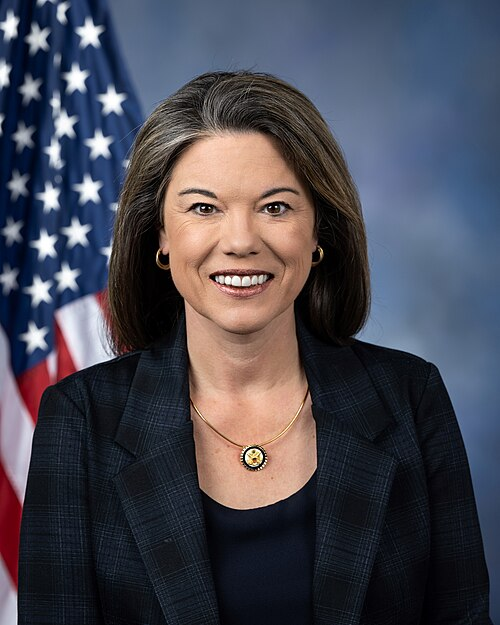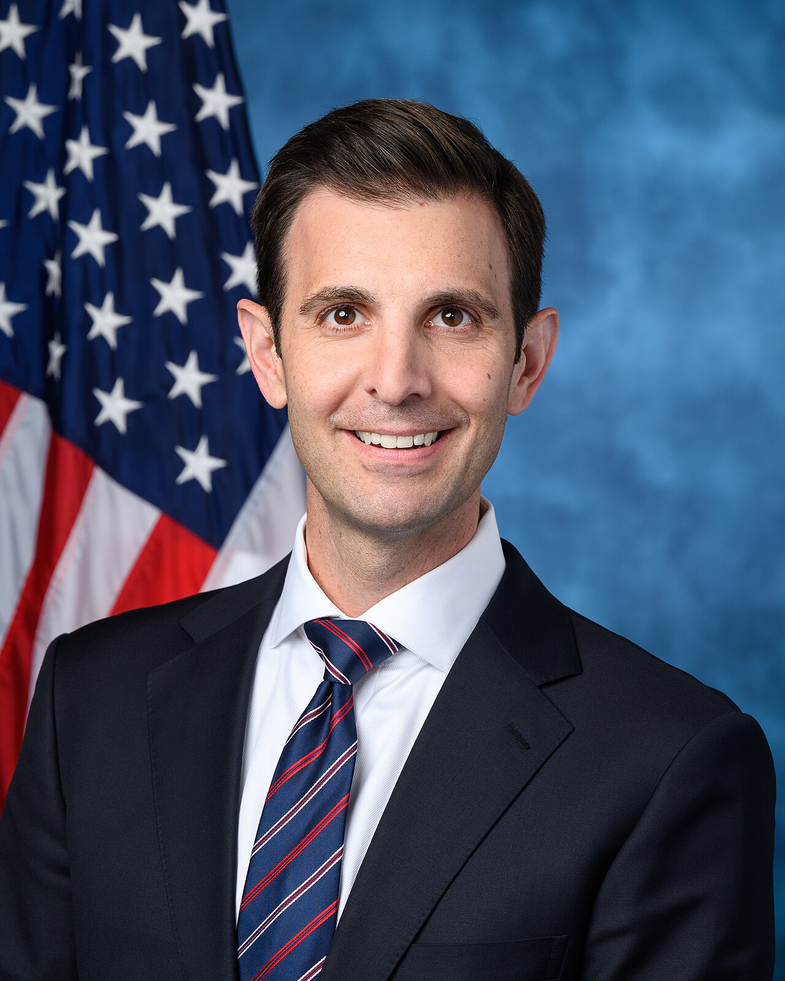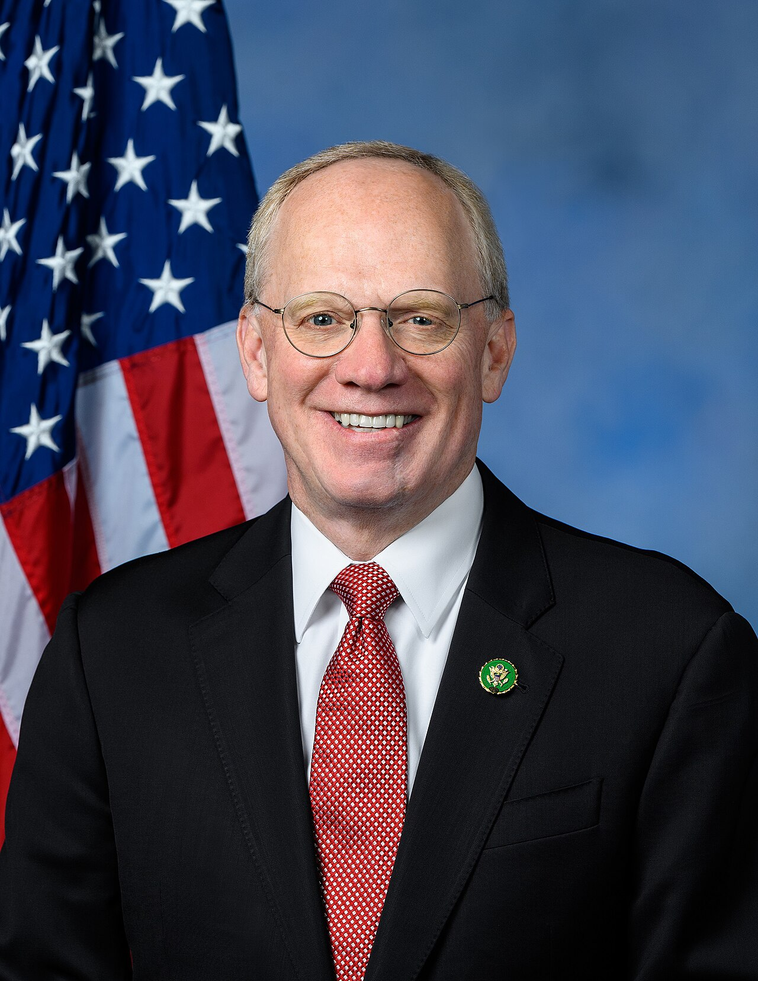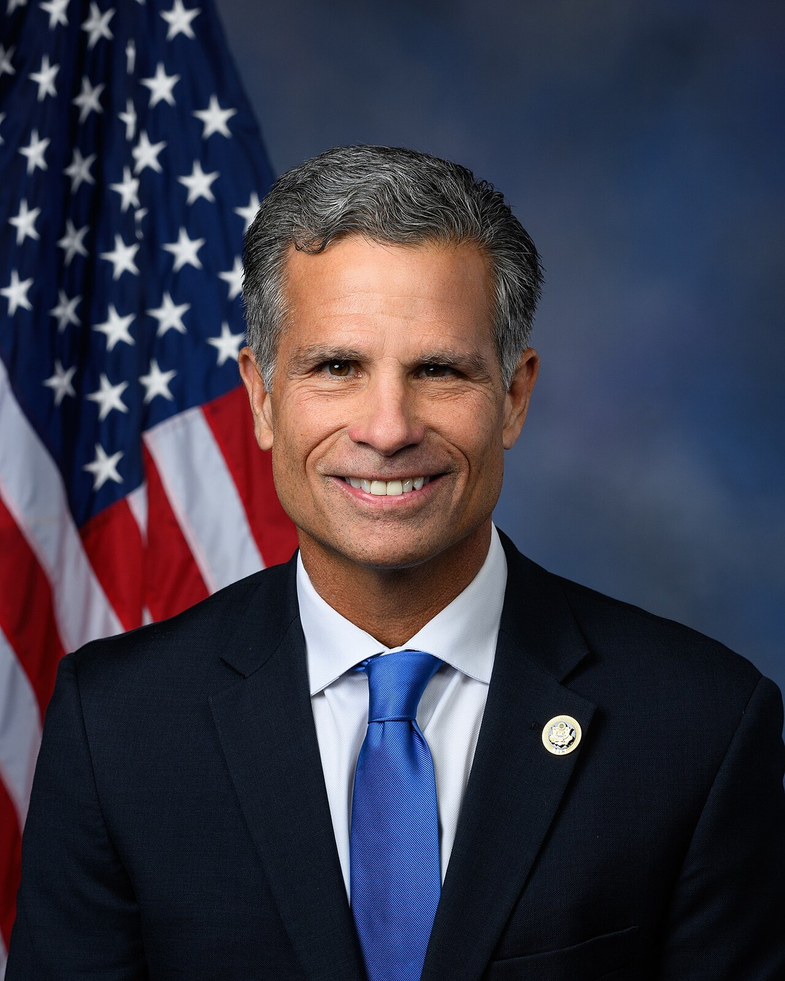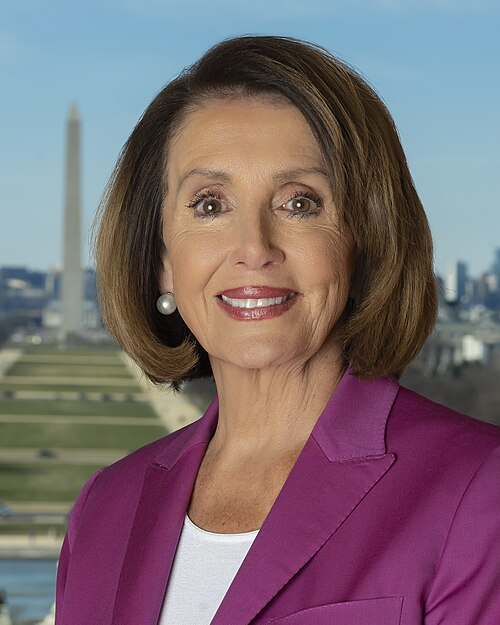H.R. 5173: No Social Media at School Act
This bill, titled the No Social Media at School Act
, aims to restrict access to social media platforms at K-12 educational campuses during regular school hours. Here’s a breakdown of what the bill proposes:
Access Limitation
The bill requires social media companies to implement geofencing technology, which creates a virtual boundary, to block access to their social media platforms on school grounds during the school day. This block will not affect emergency-related notifications, such as weather alerts or Amber alerts, from authorized emergency responders.
Privacy Protections
The bill includes provisions to protect user privacy. It specifies that:
- Social media companies are not required to collect any additional personal data about users beyond what they already collect in the normal course of business.
- There is no mandate for these companies to implement age verification systems or age gating functionalities.
Enforcement
The Federal Trade Commission (FTC) is designated as the enforcement body for this bill. Violations will be treated as unlawful acts defined under the Federal Trade Commission Act. The FTC will have the authority to impose penalties and ensure compliance similar to its existing powers.
State Enforcement
State attorneys general also have the option to enforce the provisions of this bill. They can take civil action if they believe a social media company violates the requirements set out in the bill. They may seek to:
- Stop practices that violate the access blocking requirement.
- Enforce compliance with access restrictions.
- Obtain damages or restitution for residents of their state.
Before filing a lawsuit, state attorneys generals must notify the FTC about their actions and provide related documents. However, notice is not required if it’s not feasible due to the urgency of the situation.
Definitions
The bill contains specific definitions to clarify key terms:
- Commission: Refers to the Federal Trade Commission.
- Geofencing: A technology that creates a virtual boundary to restrict access.
- K-12 education: Encompasses elementary and secondary schools as defined by relevant education laws.
- Social media company: An entity that operates a social media platform, excluding non-profit organizations and educational institutions.
- Social media platform: A public-facing online service that primarily allows users to create and share content and is primarily profit-driven through advertising or personal data sales.
Relevant Companies
- META (Facebook): As a major social media platform, META would need to ensure compliance with access restrictions at educational institutions. This could impact user engagement and advertising revenues during school hours.
- TWTR (Twitter): Similar to META, Twitter would need to adapt its services to block access during school hours, potentially affecting how schools and students interact on the platform.
- SNAP (Snapchat): As a social media platform aimed at younger users, Snapchat would be required to implement geofencing to comply with the bill, impacting its user engagement metrics in school zones.
This is an AI-generated summary of the bill text. There may be mistakes.
Sponsors
2 bill sponsors
Actions
2 actions
| Date | Action |
|---|---|
| Sep. 08, 2025 | Introduced in House |
| Sep. 08, 2025 | Referred to the House Committee on Energy and Commerce. |
Corporate Lobbying
3 companies lobbying


